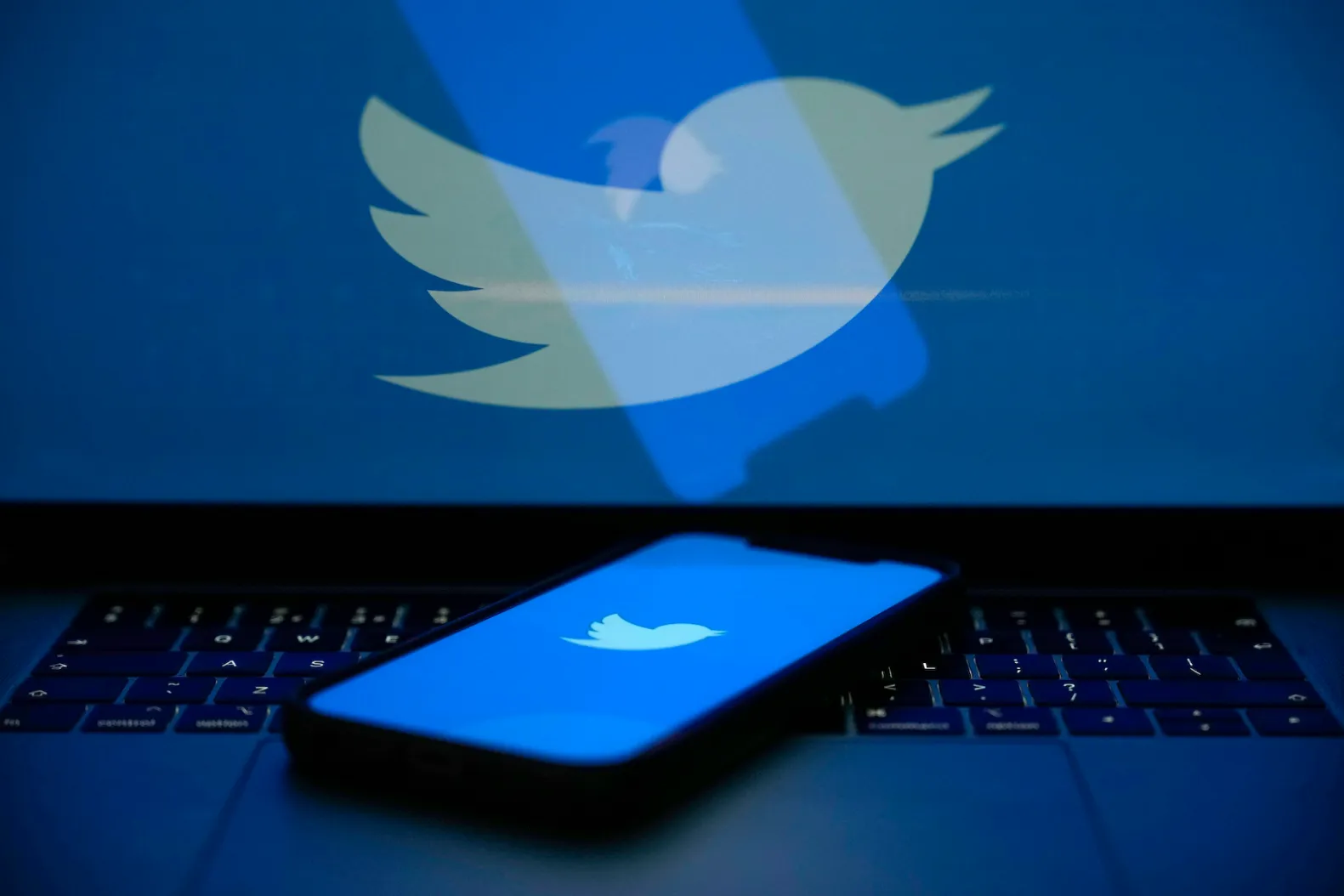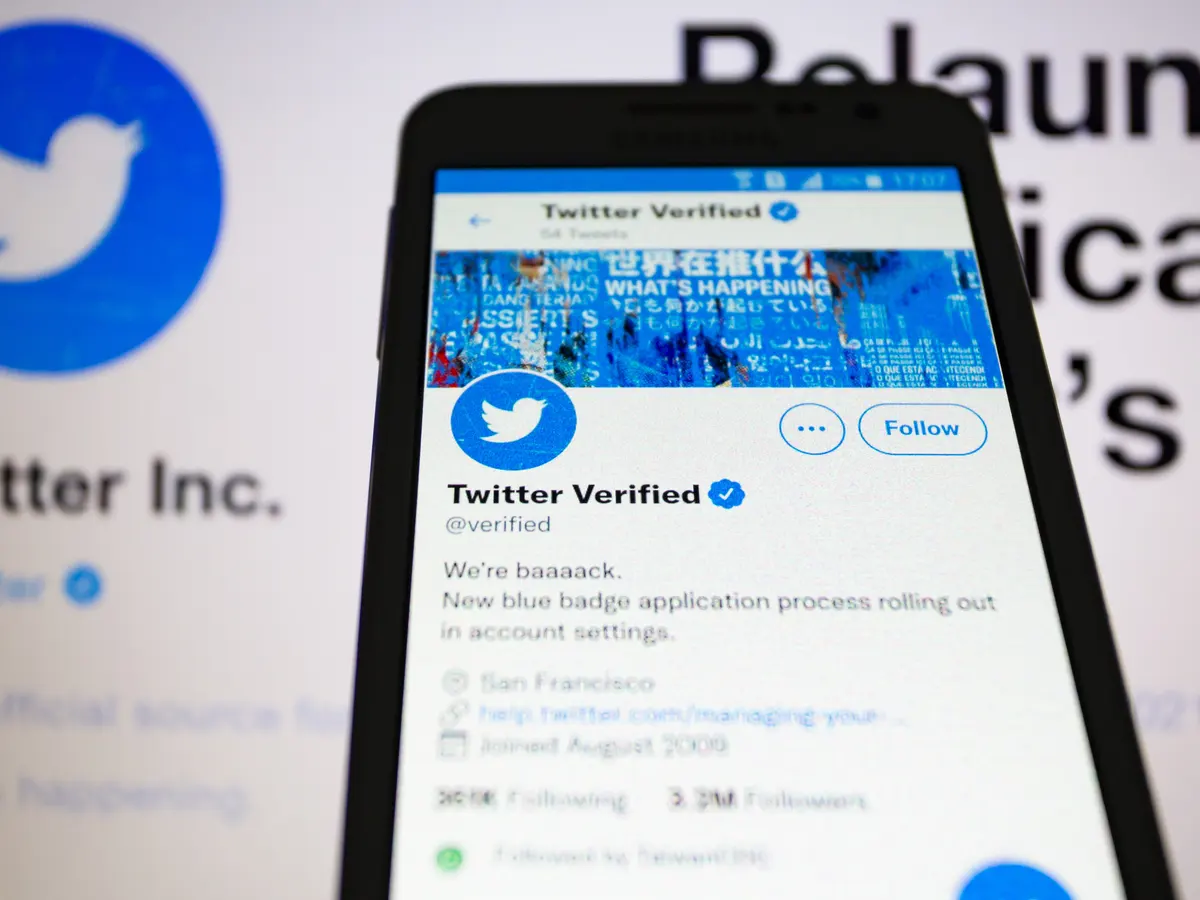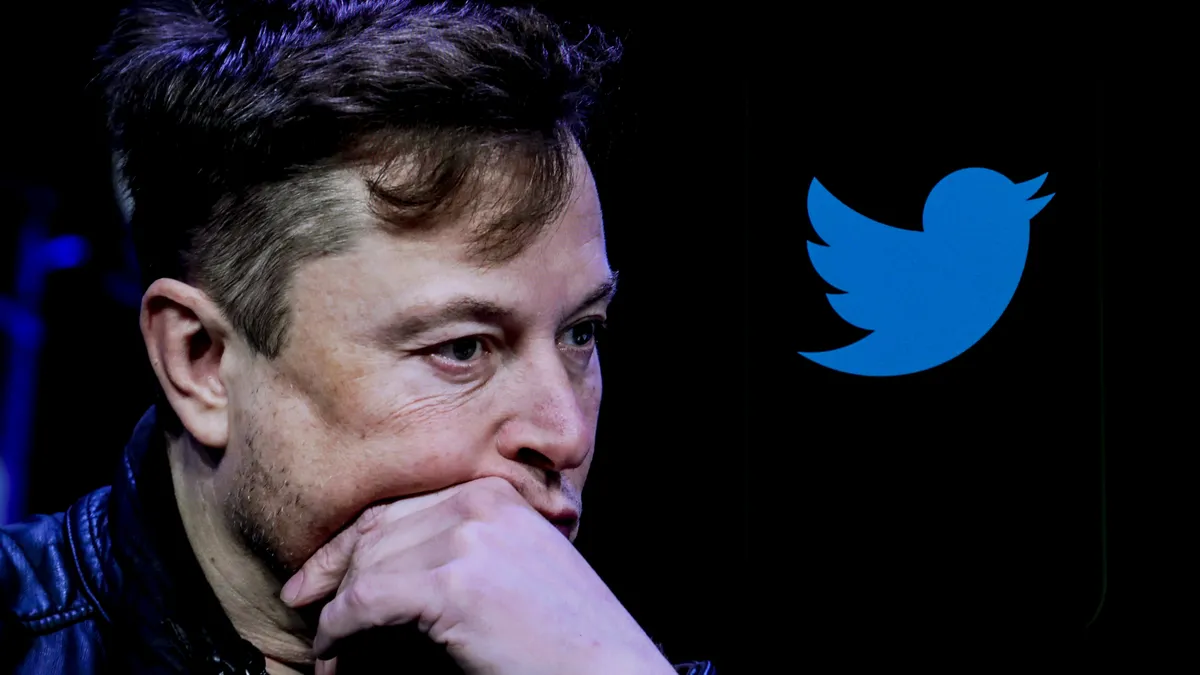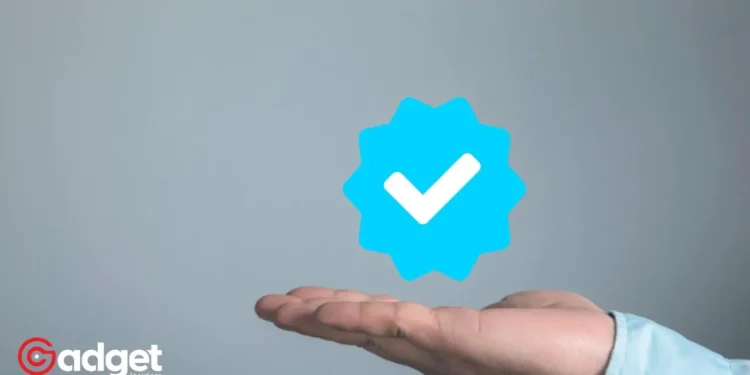Social media’s landscape is ever-evolving, with platforms constantly introducing features to enhance user experience and engagement. However, the recent controversy surrounding Elon Musk’s X (formerly known as Twitter) has ignited a fervent debate over the integrity of its verification process.
At the heart of this discussion is the alarming revelation by the Tech Transparency Project (TTP) that individuals associated with sanctioned entities, including terrorist organizations, have been acquiring verified blue checkmarks.
This development not only raises questions about the effectiveness of social media vetting processes but also the ethical implications of providing a platform for potentially dangerous actors.

The Intricacies of Verification on X
The crux of the issue lies in TTP’s allegations against X, accusing the platform of offering premium subscription services to individuals under US sanctions. This includes figures from Hezbollah, a US-designated terrorist organization, and other contentious figures and entities.
The report throws a spotlight on 28 accounts that were able to secure verification badges through a paid verification program introduced under Elon Musk’s tenure.
Among those named was Hassan Nasrallah, the secretary-general of Hezbollah, whose account was notably marked as “ID-verified.” This term signifies that the account owner has provided government-issued identification to confirm their identity, a practice that under normal circumstances, would enhance trust and security on the platform.
However, when such verification is granted to contentious figures, it undermines the platform’s credibility and raises significant concerns about its vetting processes.
A Financial Quandary: The Cost of Verification
The implications of these findings extend beyond the mere presence of sanctioned entities on social media. Press TV, an Iranian state news outlet, and Russia’s Tinkoff Bank were highlighted for receiving a gold “verified organization” checkmark, a status reportedly costing $1,000 a month.
This revelation not only underscores the financial transactions involved in obtaining verification but also questions the platform’s compliance with international sanctions.
Furthermore, the inclusion of Al-Saadi Gadhafi and the Houthis (Ansarallah) in the list of verified accounts underscores a broader issue of social media platforms inadvertently providing a voice to entities and individuals involved in international conflicts and sanctioned activities.

X’s Counterclaims and the Ongoing Debate
In response to these allegations, X has defended its practices, emphasizing its commitment to legal compliance and the independent screening conducted by payment providers. The platform contested the TTP’s claims, asserting that several accounts mentioned were not directly listed on sanction lists and that the services provided did not violate sanctions policies.
Twitter Killing Legacy Blue Checks Is a 'Wake-Up Call to the Dangers of Centralized Social Media' 🐦 The controversy around Twitter's verification shake-up has Web3 builders advocating for a decentralized way forward 1/2 https://t.co/2BYFZOifNK
— 🌍 Јаков Минг Дановић 🌏 (@chenx064) April 2, 2023
However, TTP’s follow-up highlighted the nuanced nature of sanctions and the indirect ways through which affiliated entities might still gain access to premium services. This back-and-forth has not only fueled a wider debate on the responsibilities of social media platforms but also on the mechanisms in place to ensure that they do not become conduits for sanctioned entities to gain unwarranted legitimacy and influence.
Elon Musk: The Broader Implications for Social Media Governance
This controversy arrives at a critical juncture for social media platforms, which are increasingly moving towards monetization through subscription services. The challenge now is to balance the pursuit of revenue with the ethical and legal obligations to prevent the platform from being exploited by sanctioned or dangerous entities.
The situation with X serves as a cautionary tale, urging platforms to enhance their vetting processes and ensure that their services do not inadvertently support or legitimize individuals or groups engaged in activities contrary to international peace and security.

As social media continues to play a pivotal role in shaping public discourse, the need for robust, transparent, and ethical governance mechanisms has never been more pressing. The saga of verified danger on Twitter is a stark reminder of the complex interplay between technology, politics, and ethics in the digital age, highlighting the urgent need for platforms to navigate these waters with care and responsibility.










